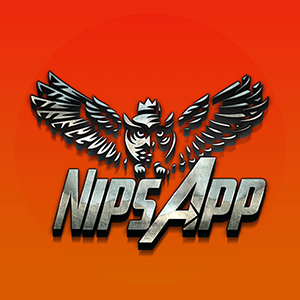
Imagine a world where daily chores are effortlessly handled by a humanoid robot. Enter the Tesla Optimus Robot, unveiled at Warner Bros. Studios, designed as a personal assistant that stands 5’8″ tall. With an expected launch in 2026 and a price point between $20,000 and $30,000, Musk believes this robot could redefine convenience in modern life.
Optimus promises to perform an array of tasks—walking dogs, serving drinks, and fetching groceries—making it an invaluable addition to any household. Demonstrations showcased its versatility, with the robot playing board games, watering plants, and even engaging in rock-paper-scissors. Musk foresees a future where families may desire more than one Optimus, highlighting its potential as a transformative tool.
Expanding Horizons in AI and Automation
The introduction of AI development through robots like Optimus sparks critical discussions about the implications for the workforce. As automation continues to evolve, sectors such as logistics may undergo significant changes, potentially displacing jobs that are repetitive or hazardous. Musk is optimistic, believing there is an 80% chance of beneficial outcomes from widespread adoption. However, ethical considerations persist, particularly in industries like entertainment, where AI’s rise could impact creative careers.
The Role of Virtual Companionship
In a parallel venture, NipsApp is innovating in the realm of VR development by creating a virtual reality girlfriend. This AI-driven companion allows users to interact with a lifelike avatar, offering emotional support and enhancing social interaction. As digital connections become more commonplace, this technology illustrates how VR game development can enrich personal experiences. Just as the Optimus robot aims to alleviate daily tasks, NipsApp’s innovation emphasizes technology’s role in fulfilling emotional needs.
Together, these advancements underscore the evolving relationship between humans and technology, paving the way for a future where AI companions become an integral part of our lives. With personal robots potentially as ubiquitous as smartphones, both Tesla’s and NipsApp’s innovations represent significant strides toward enhancing our everyday experiences through efficiency, companionship, and productivity.
